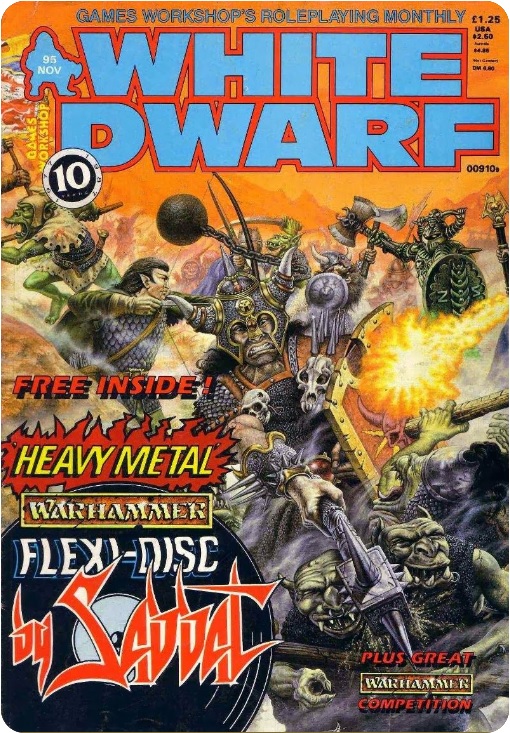I see much underlying unity across these questions, and I hope you can too. The central concept is situation in play, which certainly needs more practical clarity among us as it relates first to texts, and also to straightforward behavior. Oddly, too, it matches with the final question concerning explicit role-playing references in music, as the general failure of situation in hobby play is almost perfectly aligned in time with the more visible presence of role-playing in various forms of rock-and-roll. I doubt there’s a lot of meaning to be discerned in that simultaneity, but it might not be entirely trivial either.
In my reply to Pablo, I forgot to say a bit about Traveller situations, as a perfect example of providing “bits” of the known types of fiction/situations which were to be formalized by procedure, but understood by all to be only components of a bigger picture or understood context in which we played.
In terms of how Claudio asked almost the same question, the text of original Traveller has no explanatory content at all. It was written by people who understood X (which is to say, Dumarest of Terra and a very few related works) for people who already knew and liked it. What’s to explain, or even to mention? Here are some procedures that work nicely to snap together many other decisions and standards for content, which you already know.
Regarding Sean’s question about music, I also thought about role-playing’s explicit appearance generationally. It would be my age-group, born in the early-mid 1960s, who’d be of the age to put D&D into music publication, in our early twenties, so 1987-ish (the dates so far identified) would be exactly right.


2 responses to “July 2023 Q&A”
I want to add something to the discussion about texts and dungeons. I know I’ve mentioned at various times that I’m one of the odd people who didn’t learn to play D&D from other people. When I was about 8-10 years old my mother somehow heard about D&D and the vague association with occultism. This had the opposite effect on her than it did on other parents. She rushed right out to find a copy.
What she bought was the Mentzer edition of Basic. That’s the one that has the little choose-your-own-adventure style introduction that we played through. She read the little books several times trying to puzzle it out but definitely landed on “Okay, you draw a map, populate it with monsters and treasure and the players explore it.” She then managed to recruit a few of her other friends to try it out. Being an only child I’m pretty sure she sold them on “I’m trying to do this cool thing for my son, will you help me?” So, right out the gate, straight from the text, I think we were doing dungeon delve D&D pretty smoothly.
At least that’s how I remember it. For a bit more context my mother is not a fan of fantasy or science fiction books. She does like that stuff when it comes to movies and TV. She knew fantasy primarily from Ladyhawk and The Dark Crystal. And new science fiction from Star Trek and Alien. She also liked horror movies. She was, however, a big fan of actual history and mythology. The result, I think, was a very grounded experience. Monsters were truly a scary phenomenon, and our chainmail rusted in the rain. Orcs were anthropomorphic pig creatures, not a tribal “race”.
The point is I think she very much came at D&D as a game first: one of exploration, danger and treasure. A game where you sort of made up the board and pieces yourself. Fiction, in terms of character and plot, was more vibes than content. That began to shift later when we adopted AD&D and it started to feel like we were doing more character work. But even then the game was still firmly rooted in places to explore or one-off encounter like situations, such as a jousting tournament where the favored champion was suspected of cheating and we had to figure out how to beat him.
She continued to draw maps and loosely populate them long after we stopped playing.
This reminds me of the distinctive feel/purpose of the J. Eric Holmes D&D (1977).